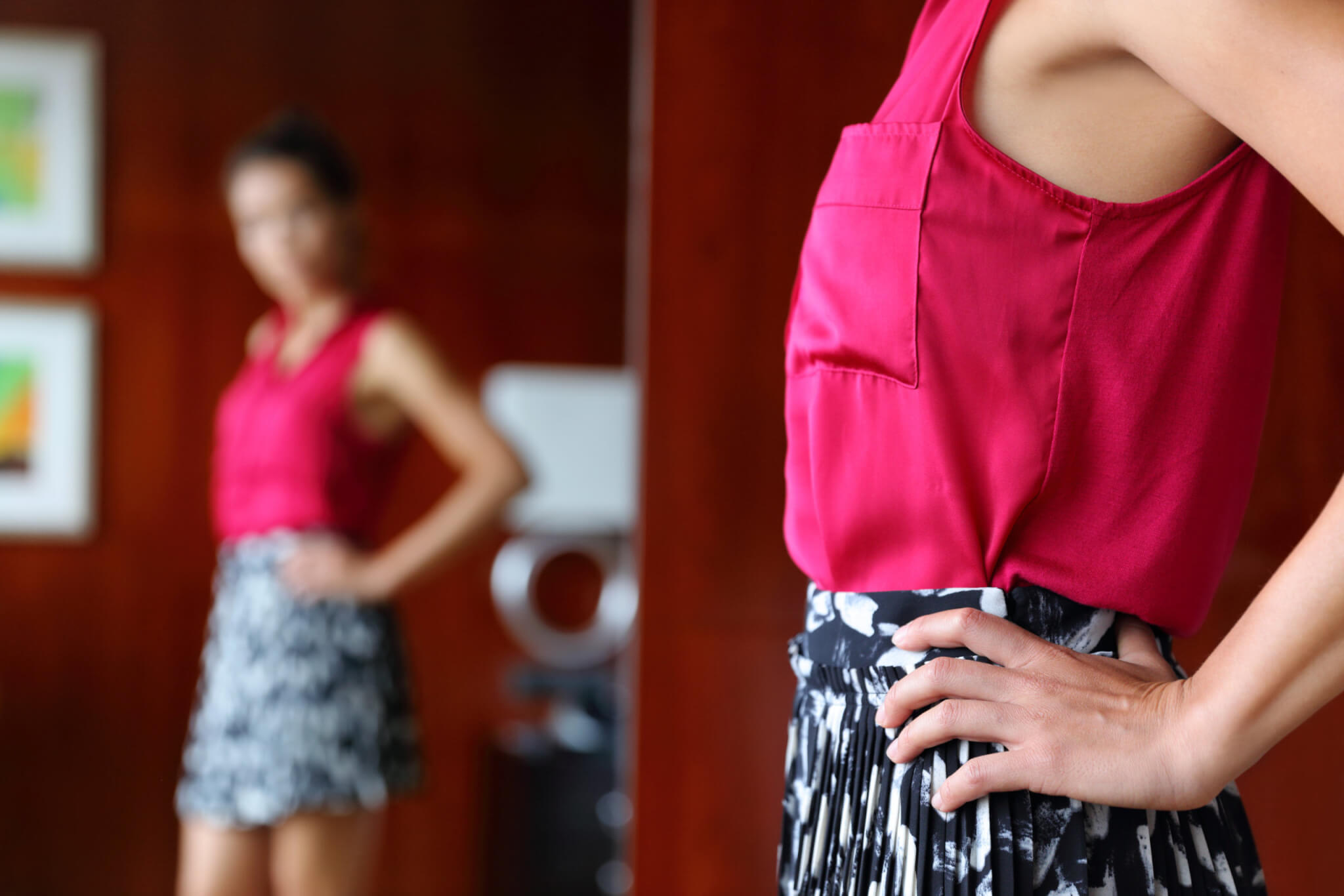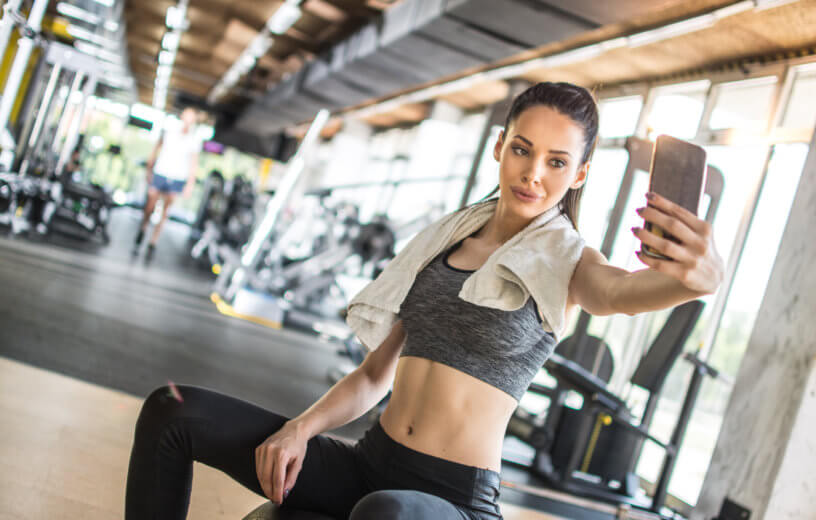ADELAIDE, Australia — Instagram influencers who post provocative images negatively impact the mood of other women and contribute to body dissatisfaction, a new study explains. Researchers at Flinders University in Australia discovered that exposure to sexualized content on Instagram by online influencers heightened negative emotions and body dissatisfaction in young adult women.
Beyond fueling desires for thinness and attractiveness, these images also have broader detrimental effects on viewers. The team at Flinders University is advocating for stricter regulations regarding influencer advertising, emphasizing the harmful consequences of sexualized images on social media.
“Some Influencers endorse lingerie and bikini products, and there is growing concern about the overtly sexualized nature of the imagery they post to social media,” says body image expert Ivanka Prichard, an associate professor who leads the Embrace Impact Lab at Flinders University, in a media release.
“This problem is amplified by the popularity of Instagram among young adults aged 18–34 years, with more than two billion active users monthly.”
The study, published in the journal Body Image, explored the impact of viewing both standard fashion imagery and sexualized content, defined as suggestive posing in lingerie or bikinis by the same group of female influencers. Women between 17 and 25 years-old participated in the study, providing pre and post-viewing assessments of their mood, body dissatisfaction, appearance comparison tendencies, and self-objectification levels.

“Exposure to influencer imagery led to greater negative mood, body dissatisfaction, appearance comparison and self-objectification than exposure to control images,” says Associate Professor Prichard.
“Furthermore, exposure to sexualized images led to an even greater negative mood, body dissatisfaction and appearance comparison than exposure to standard fashion images of influencers – and this was with images chosen as being only moderately sexualized (for ethical reasons) rather than hypersexualized, which depict more lewd poses.”
“The most obvious implication is that women should be advised to limit their exposure to such images and to unfollow the accounts of influencers who post this type of material. There is growing evidence that even a short break from Instagram can have considerable benefit.”
Prof. Prichard explains that one could argue influencers, who gain considerable financial benefits from their endorsements, should be held to the same standards as other advertisers.
“Our study findings highlight the detrimental impact of exposure to sexualized imagery, which is an increasingly common part of contemporary social media, and the role of social comparisons to such imagery,” Prichard concludes.
“We have clearly shown that the effects of sexualization extend beyond those of attractiveness. These findings illustrate the need for more research and enhanced regulation regarding advertising by influencers on social media.”
You might also be interested in:
- Cutting social media use in half ‘significantly’ improves teenagers’ body image
- Friendships matter more than the emotional high of getting Instagram likes
- Best Camera Phones In 2023: Top 5 Devices Most Recommended By Experts
South West News Service writer Jim Leffman contributed to this report.


LOL! “I’m fat and ugly so I DEMAND that people who work hard to be attractive be forbidden from showing themselves Online!”
Most women and most men already are dissatisfied with their own bodies. So that’s just nonsense. Some people work to make themselves better and try and get satisfaction that they’re improving themselves and others just eat a bag of chips.
Who cares? At some point in life, if you’re not born with a silver spoon in your mouth, you realize: Your never going to finish your bucket list, so in an effort to save time, you change the B to an F and your problems begin to melt away.
Get a (real) life you f-ing Gen-Zero losers.